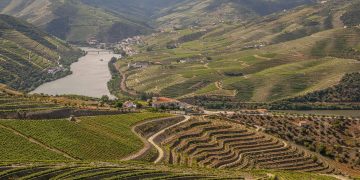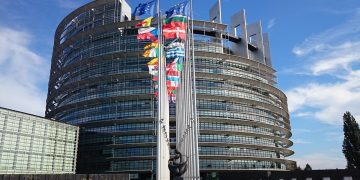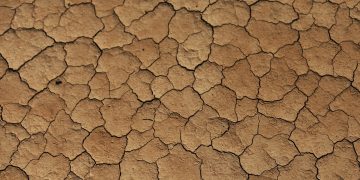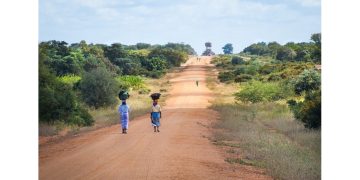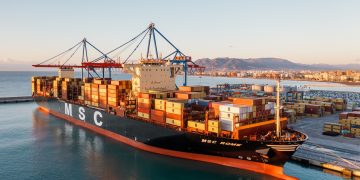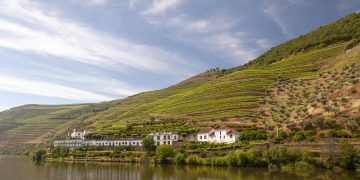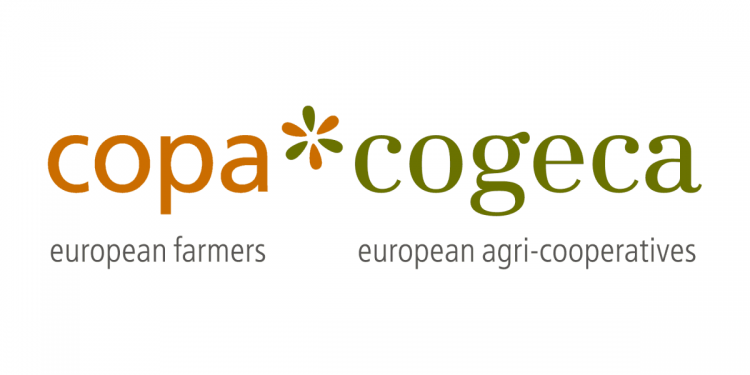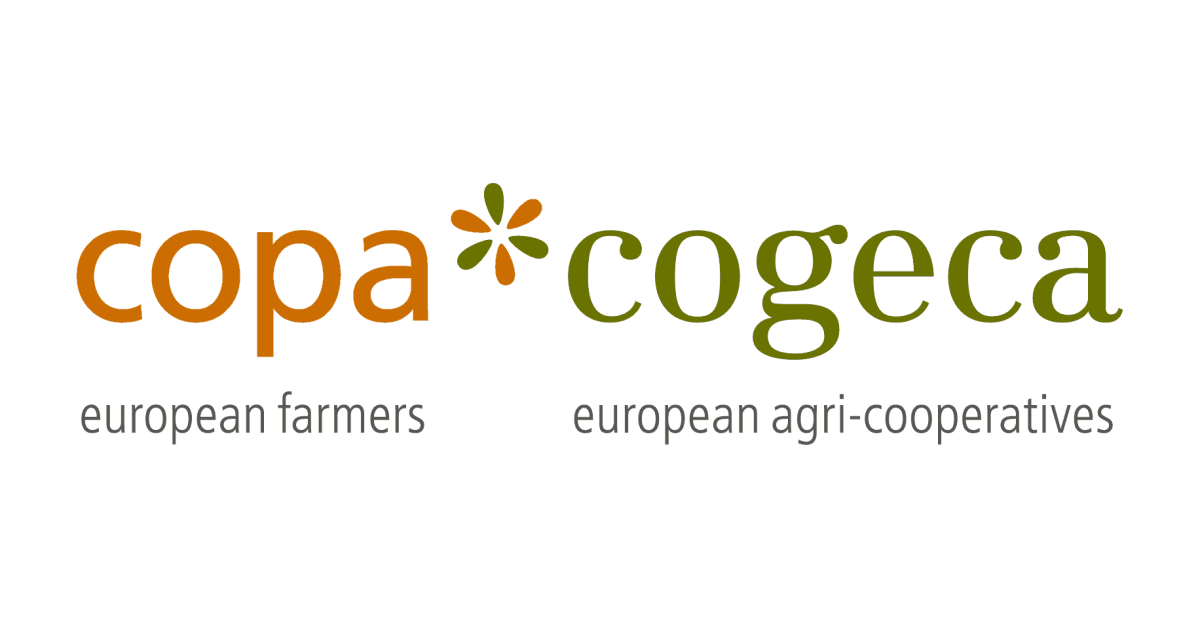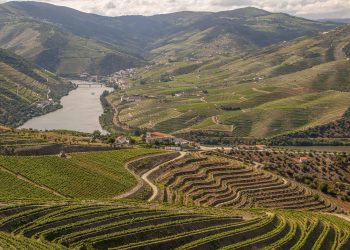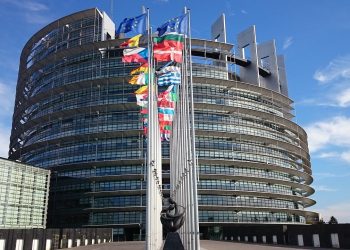In Strasbourg today, Ursula von der Leyen was comfortably re-elected as head of the European Commission for a second term running until 2029. Copa and Cogeca congratulate her on this re-election and on the presentation of her work programme. As announced at the beginning of the week, we were hoping for words and deeds for agriculture in her first address to the Parliament, where we indeed heard key words and first milestones!
Compared to 2019, the contrast was striking this morning, with agriculture once again playing a key role in the Commission President’s speech. The same attention to the sector was seen in the reactions of all the political parties.
Logically, agriculture is one of the seven pillars of the work programme presented this morning by the re-elected President of the Commission. Agriculture is seen in this document as ‘a strategic asset and means, Europe is vital for global food security’. We campaigned for this strategic repositioning, and we are pleased to see it being taken up this way. If the strategic direction is clear, it’s now a matter of turning this vision into concrete action!
On this front, Ursula von der Leyen announced the presentation of a ‘vision for agriculture and food’ within the first 100 days of the mandate. This vision is itself based on the work currently underway within the strategic dialogue initiated at the beginning of the year, in which Copa, Cogeca and Geopa are actively participating.
We take note of the strong case made by Ursula von der Leyen on the ending of certain unfair trading practices in Europe, supporting the competitiveness and innovation in the agri-food sector (including cooperatives) and ensuring a decent income for farmers. Still, we hope for additional short-term clarifications and actions, particularly on the place of agriculture within the future College of Commissioners, the level of ambition for the CAP budget, the importance of farming in EU trade policy or the way in which the Commission intends to ‘reward farmers working with nature’ and tackle the difficult issue of generational renewal in agriculture.


